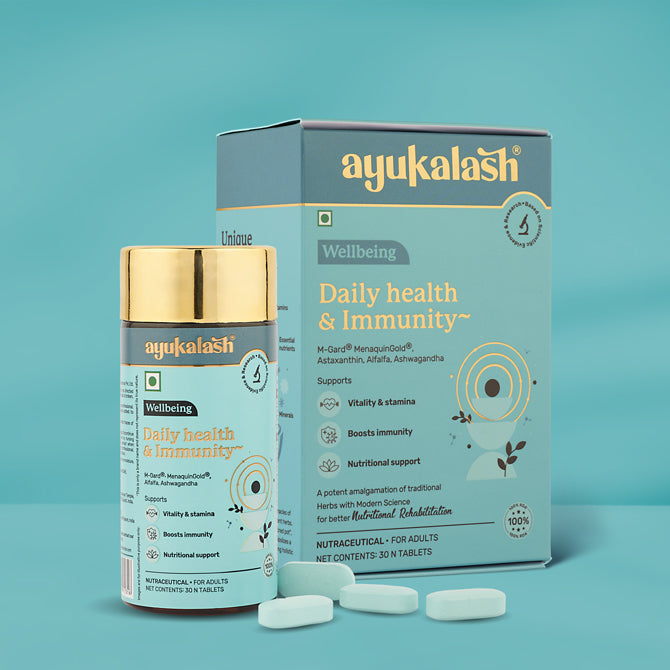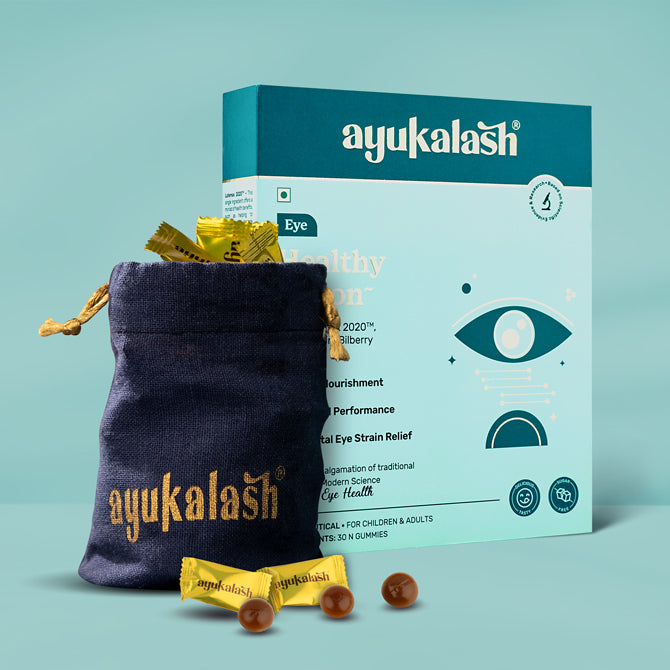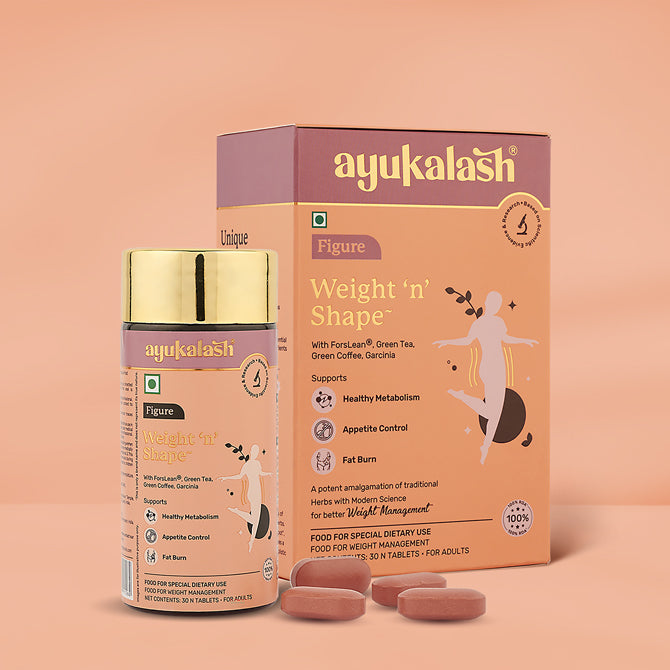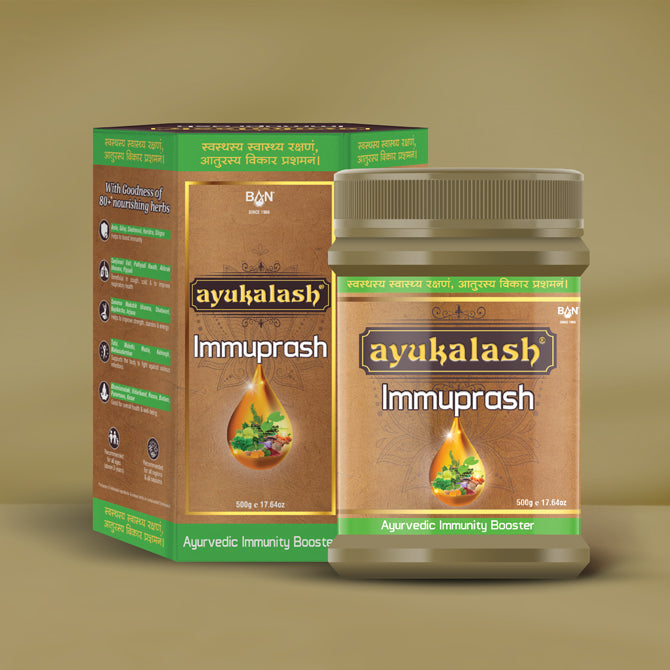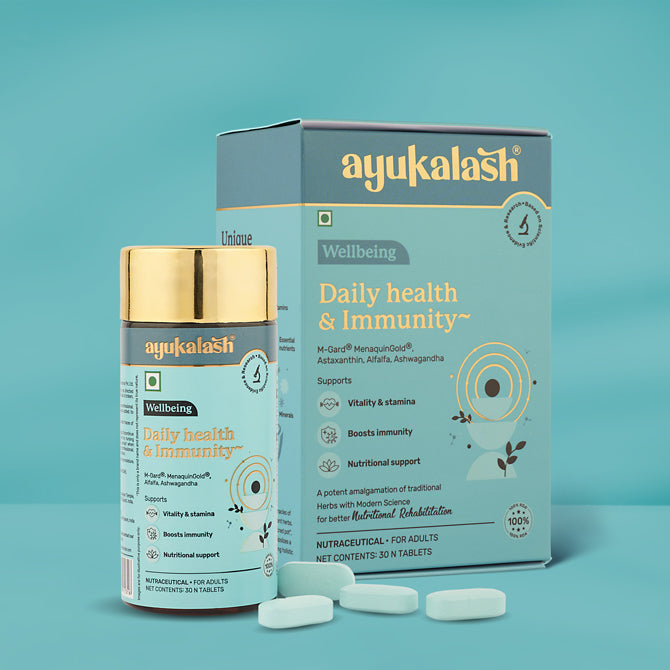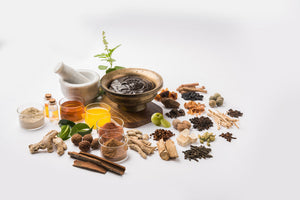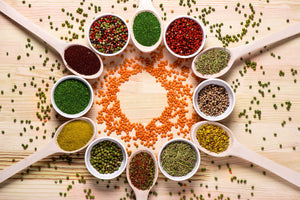Top Ayurvedic Herbs for Boosting Immunity and Wellness
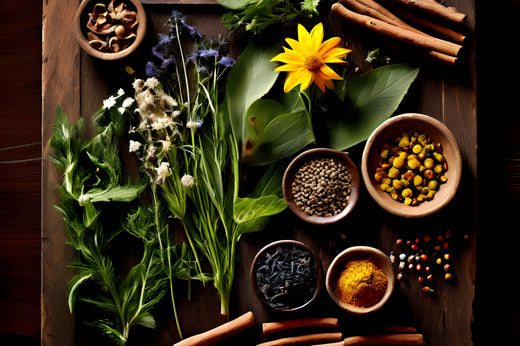
In a world where we’re constantly surrounded by stress and environmental challenges, our immune system needs all the support it can get. Thankfully, Ayurveda offers a wide variety of natural remedies, designed to enhance wellness and guard our defences. By harnessing the power of time-tested herbs, we can not only boost our immunity but also promote overall health.
Let’s explore some of the top Ayurvedic herbs that can help you thrive.
1. Tulsi (Holy Basil)
Often referred to as the "Queen of Herbs," tulsi is celebrated for its remarkable health benefits. This aromatic herb reduces stress and supports respiratory health, making it a staple in many households. Rich in antioxidants, tulsi combats free radicals, providing your immune system with the boost it needs.
2. Ashwagandha
Known as an adaptogen, ashwagandha helps your body adapt to stress and promotes a sense of calm. This powerful herb enhances energy levels and improves overall vitality. You can find ashwagandha in various forms, such as powders or capsules, designed to support adrenal health and maintain a balanced immune response.
3. Turmeric
Turmeric, often hailed as the golden spice is packed with benefits thanks to curcumin, its active compound. This powerful herb boasts strong anti-inflammatory and antioxidant properties that support immune function.
4. Ginger
Ginger, a kitchen staple and an immune booster, possesses anti-inflammatory and antimicrobial properties that help combat infections.
5. Amla (Indian Gooseberry)
Amla, a vitamin C powerhouse, supports a strong immune system also enhancing skin and hair health.
6. Neem
Often called a “miracle herb,” neem is renowned for its antibacterial and antiviral properties. It purifies the blood supports liver health and helps maintain a healthy immune response.
Incorporating these Ayurvedic herbs into your daily life can significantly enhance your immunity and overall wellness. Embracing the power of nature can help you strengthen your defenses against modern-day challenges.



